The digital world is constantly evolving, with search engines like Google and Microsoft Bing at the forefront. The quest for visibility in Search Engine Results Pages (SERPs) is becoming increasingly essential for digital marketers. Finding someone with a strong understanding of both the technical aspects of search engines, SERPs, and SEO is difficult. Fortunately, we were able to speak with David Howse, the owner of one of the many Calgary SEO companies. According to David, understanding the unique features of both Google and Bing SERPs and their impacts on Search Engine Optimization (SEO) strategies takes a community of SEOs to test and document. Here are some of his and the SEO community’s insights:
Understanding the Importance of SERPs
Search Engine Results Pages (SERPs) are the pages displayed by search engines in response to a query by a user. The primary component of the SERP is the listing of results that the search engine has retrieved and ranked as relevant to the query.
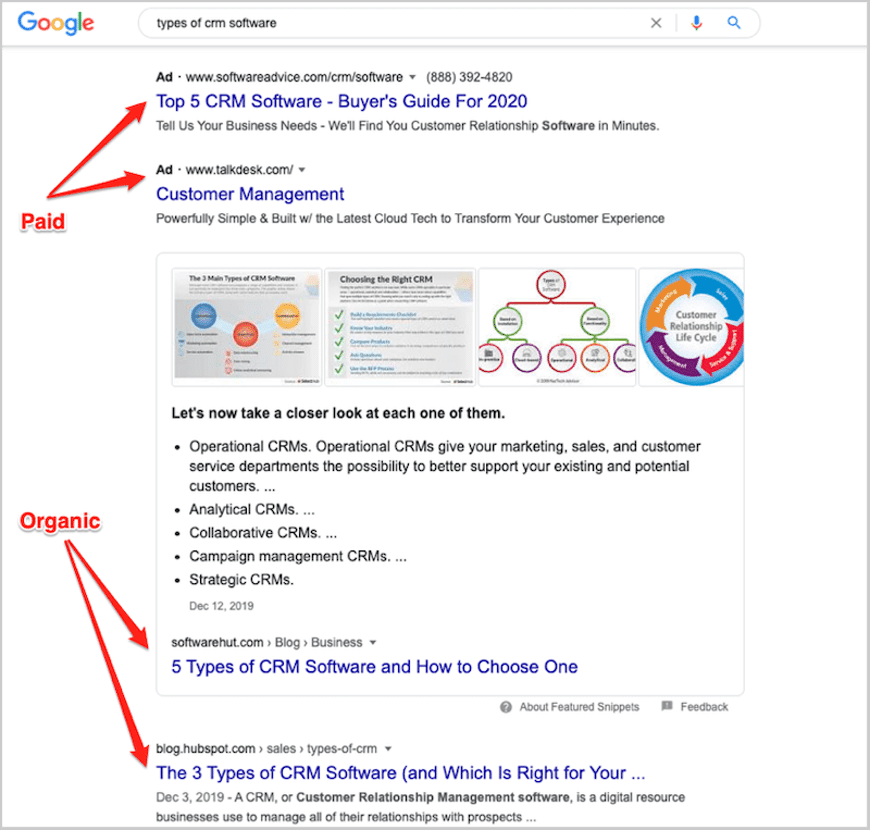
Marketers strive to rank their content on the first page of the SERP, as it is the most valuable real estate in the digital marketing landscape. The constantly evolving algorithms and technological advancements of search engines make understanding SERPs crucial for enhancing website visibility.
Deciphering the Mechanics of SERPs
When a user inputs a search query into a search engine like Google or Bing, the engine retrieves a unique SERP. The uniqueness of the SERP can be attributed to various factors beyond the search terms, such as the user’s physical location, browsing history, and social settings.
The SERP usually comprises two types of content – “organic” results and paid results. Organic results are the listings of web pages that rank due to the search engine’s algorithm, while paid results are those displayed by advertisers who have paid for their placement.
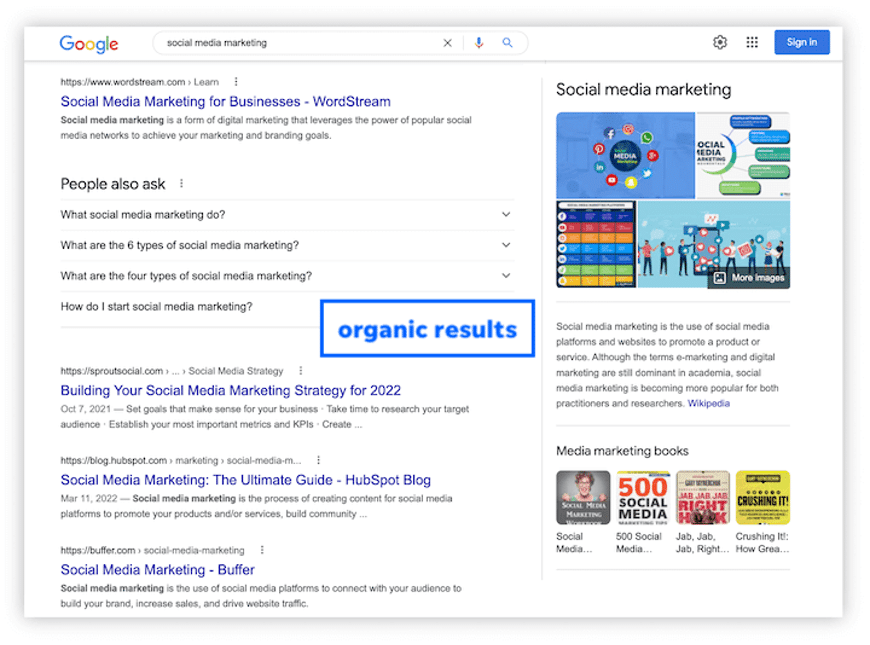
The appearance of SERPs is continually changing due to the experiments and updates conducted by search engine providers. This constant flux aims to provide a more intuitive and responsive user experience.
Diving Deeper: Organic Results
Organic results are the soul of SERPs and are highly valued by SEO specialists. They represent the listings of web pages that rank due to the search engine’s algorithm, which considers factors like keyword relevance, link profile, and site quality. The goal of SEO professionals is to optimize web content and websites to rank higher in these organic search results.
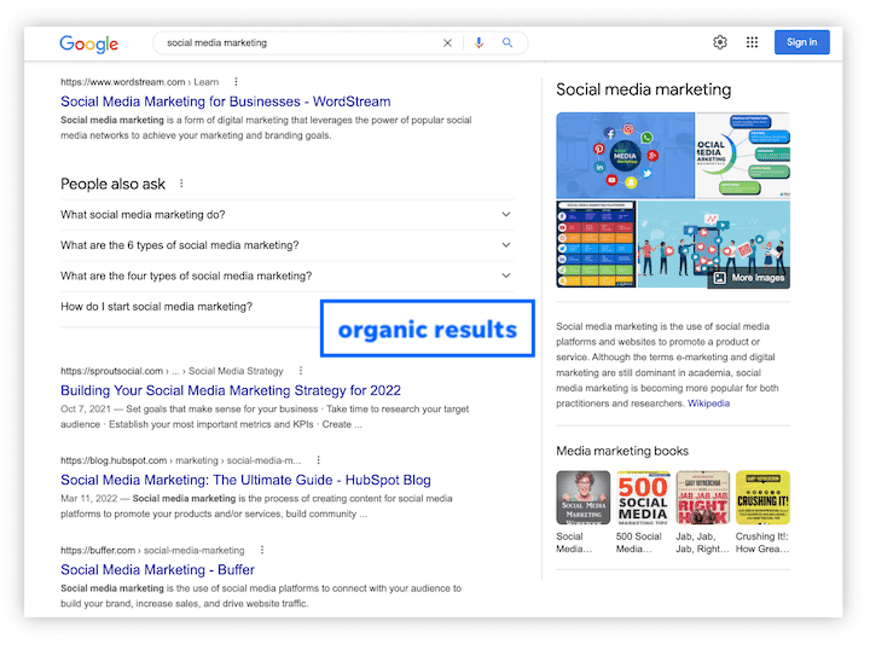
Exploring Further: Paid Results
Paid results, on the other hand, are the results that advertisers have paid to display. They can take various forms and are typically displayed prominently on the SERP.
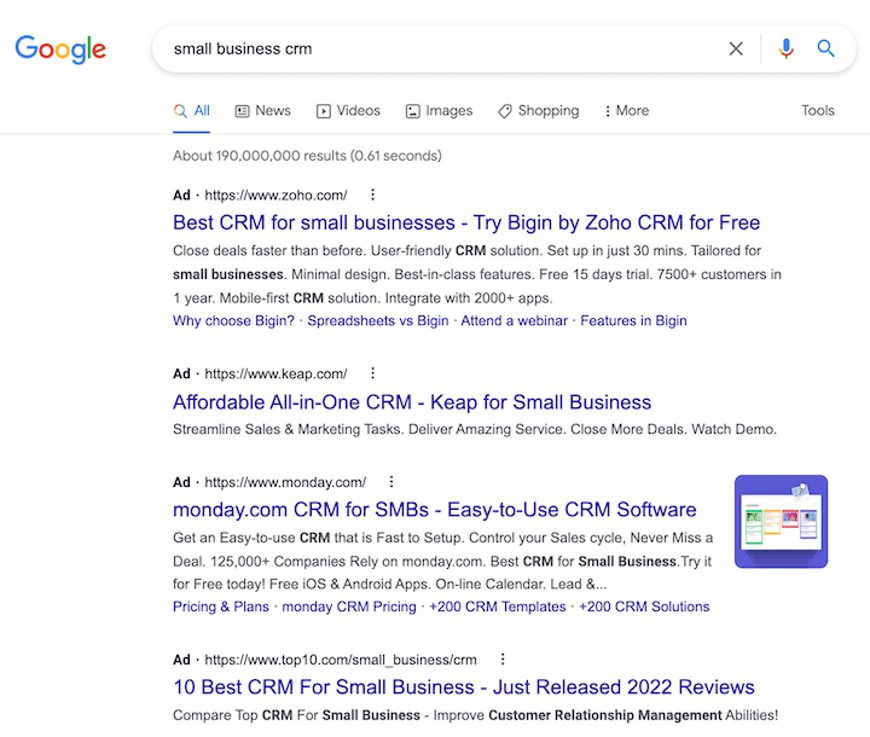
The Evolution of Search Engines: A Historical Perspective
The journey of search engines began in the mid-1990s, as the Internet became more accessible to the general public. Webmasters started optimizing websites for search engines, which were rapidly cataloging the burgeoning web. Google, founded in 1998 by two Stanford PhD students, Larry Page and Sergey Brin, was a game-changer with its unique ranking method that considered site backlinks to determine authority.
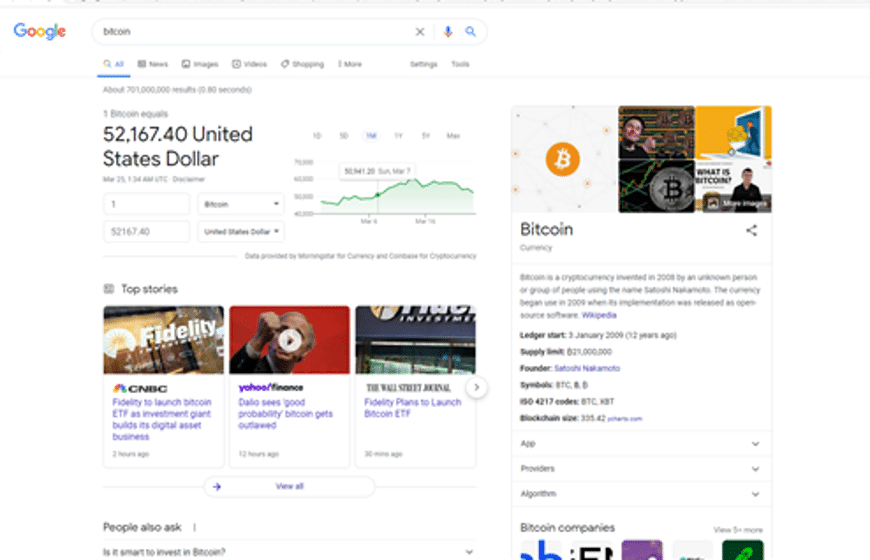
On the other hand, Microsoft’s Bing was launched in 2009, consolidating and rebranding the previously separate services of Windows Live Search and MSN Search. Bing underwent significant updates and redesigns over the years, evolving into a formidable competitor to Google.
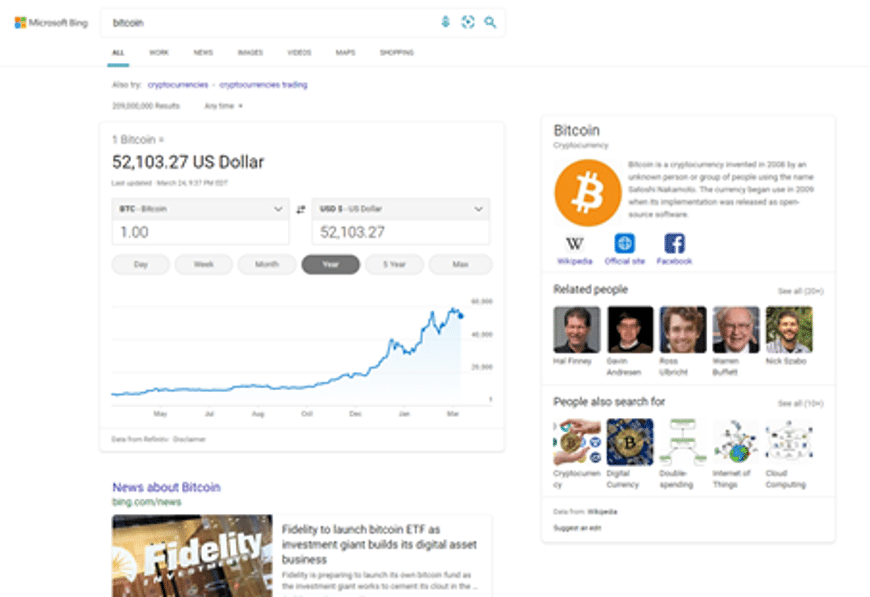
Analyzing the Current Market Share: Google vs Bing
While Google continues to dominate the global search market in 2022 with an 83.84% market share https://www.statista.com/statistics/216573/worldwide-market-share-of-search-engines/, Bing has made steady inroads, raising its share to 8.88%. The competition between these search engine giants has resulted in unique features and differentiation, contributing to their respective market shares.
Unveiling the Differences: Google vs Bing
Beneath the surface, Bing and Google have distinct differences, despite their similar functionalities. For instance, while Google’s search results are influenced by machine-based algorithms that consider previous search history and location, Bing places more emphasis on on-page optimization and incorporates social signals into its algorithm.
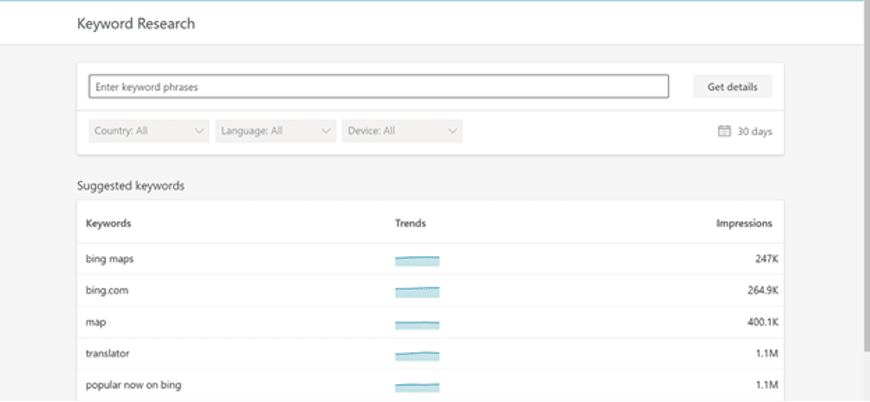
Decoding Ranking Factors: Google vs Bing
Google’s ranking factors revolve around E.A.T: Expertise, Authority, and Trust. It primarily focuses on link quality rather than quantity, with the mobile-first index playing a significant role.
On the other hand, Bing’s ranking factors lean more towards on-page optimization. Bing places more weight on well-optimized content and incorporates social signals, making Twitter and Facebook optimization critical for higher Bing rankings.
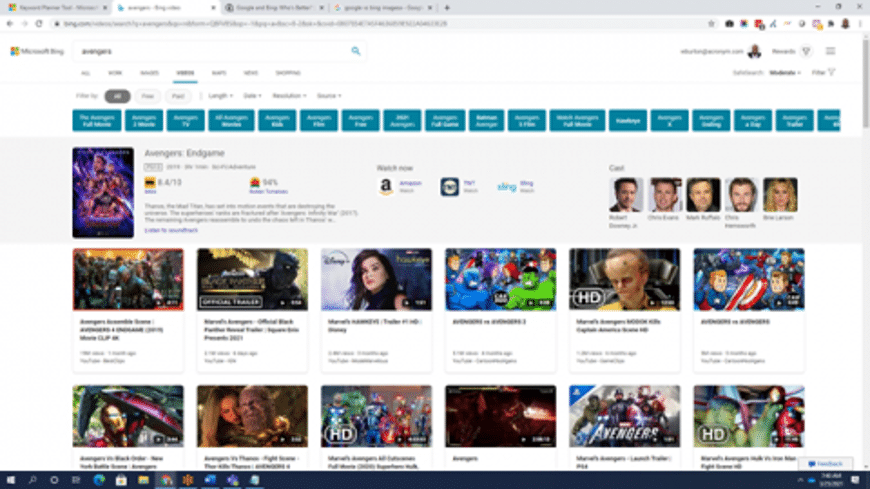
The Power of Images and Video Search: Google vs Bing
When it comes to image and video search, Bing provides higher-quality images and a more detailed video search experience. Bing’s video search results page features large thumbnails in a grid view and offers previews of certain videos without redirecting users away from Bing.
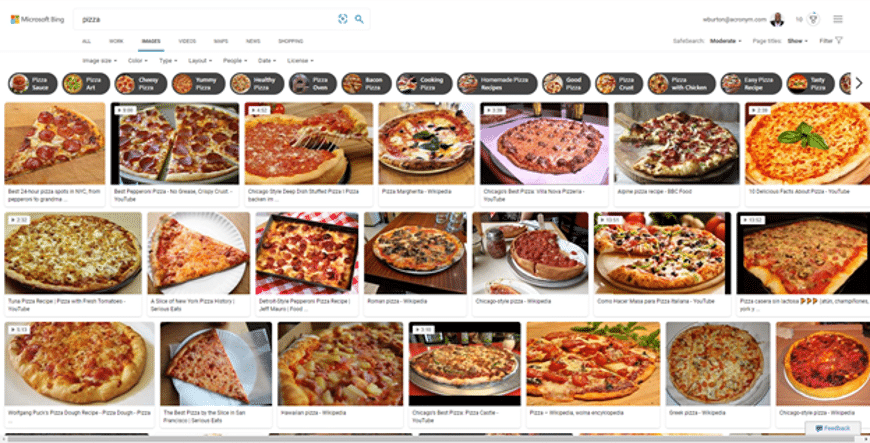
In contrast, Google’s video results feature a vertical list of small thumbnails. However, Google has a larger library of images and videos for viewing.
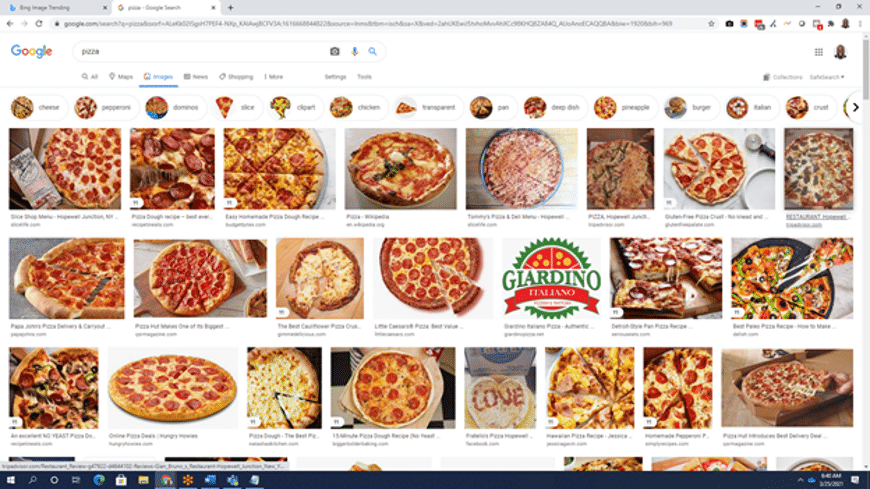
Map Listings: Crucial for Local SEO
Map listings are vital for local SEO. Both Google and Bing offer map listings and local listings in the SERPs. It is essential to claim all your listings in both Google and Bing and optimize your profile with accurate business information, photos, proper categories, and links.
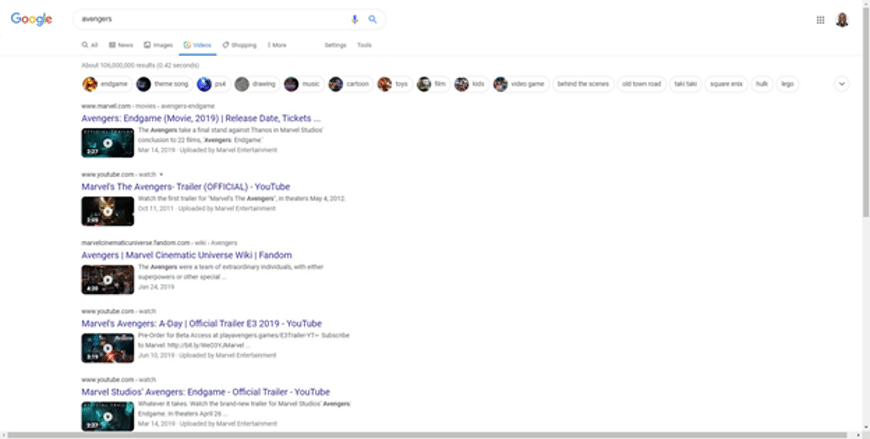
The Final Verdict: Google vs Bing
Both Google and Bing serve millions of users every day, satisfying their informational needs. While Google continues to lead, Bing has shown significant improvements and is becoming a formidable competitor. Therefore, it’s recommended to optimize for both search engines to maximize visibility and reach a broader audience.
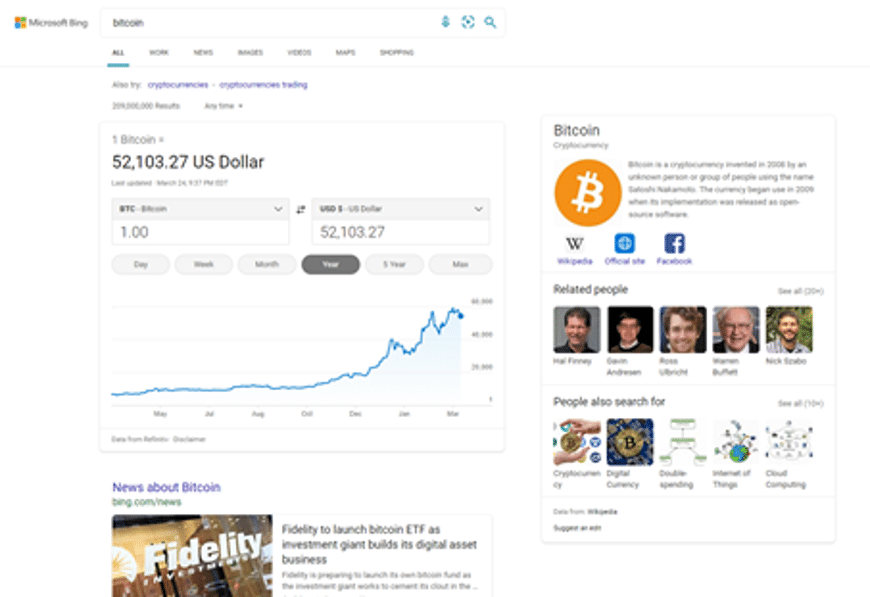
More Resources:
- Google Search Console Guide https://www.searchenginejournal.com/google-search-console-guide/209318/
- Bing Webmaster Tools Guide https://www.searchenginejournal.com/bing-webmaster-tools-guide/371540/
- Google Advanced Image Search Guide https://www.searchenginejournal.com/google-advanced-image-search-guide/367546/
- Bing Image & Video Algorithm Guide https://www.searchenginejournal.com/how-bing-image-video-algorithm-works/364750/
- Google Maps Marketing Guide https://www.searchenginejournal.com/google-maps-marketing-guide/329929/
- Google’s Advanced Image Search Guide https://www.searchenginejournal.com/google-advanced-image-search-guide/367546/
Image Credits
All screenshots taken by author, June 2023.
Angela Spearman is a journalist at EzineMark who enjoys writing about the latest trending technology and business news.

